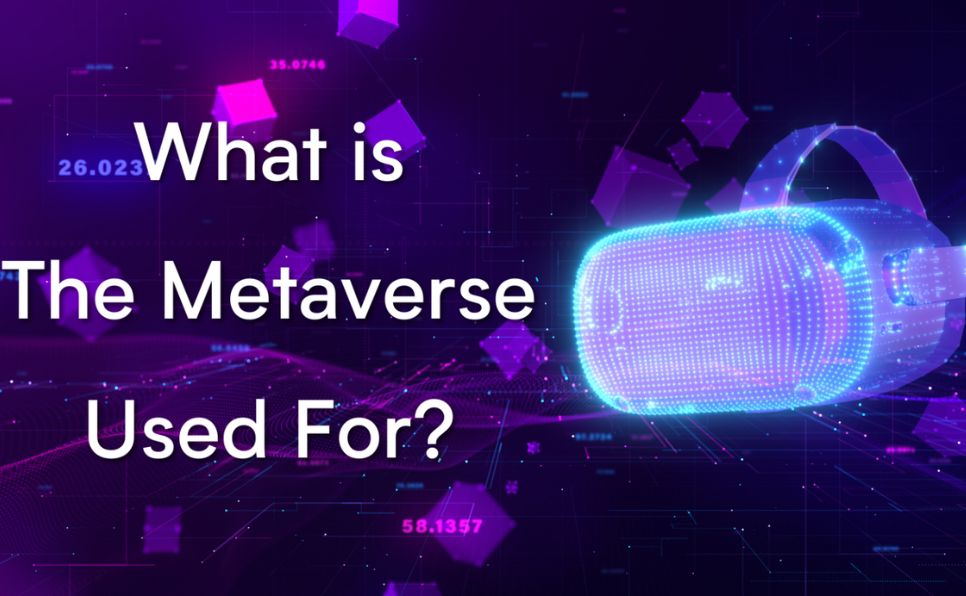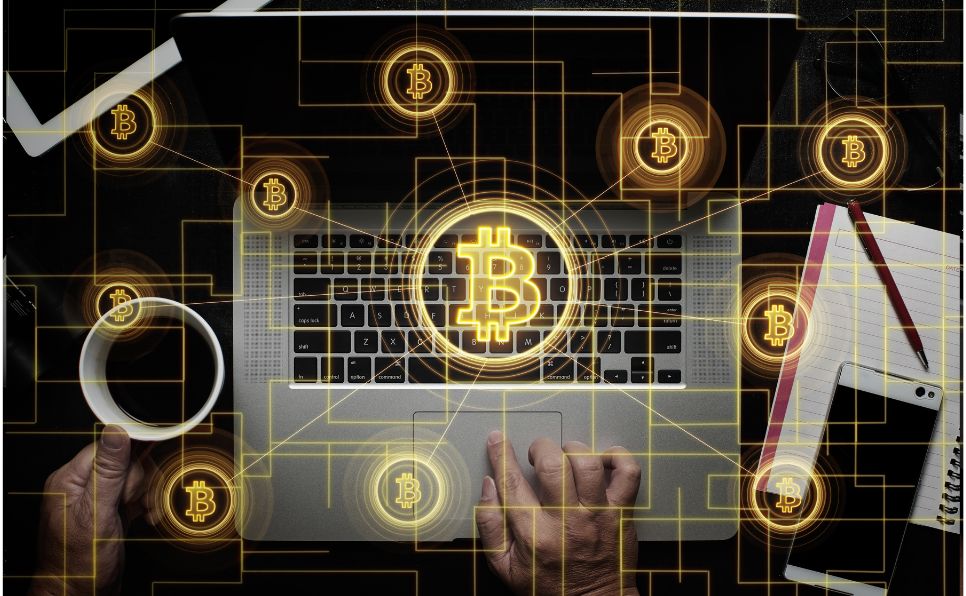Ever since Mark Zuckerberg announced that Facebook was changing its name to Meta, the topic of “the metaverse” has been a bit of a mystery. Is it just another name for virtual reality? What role does cryptocurrency play? Today, we’re going to dive into what the metaverse actually means, and what it can do in people’s everyday lives.
So, What Does “The Metaverse” Mean?
While the name might be quite vague and general, it’s used very commonly in the virtual reality space. When people refer to the metaverse, they usually mean a collaborative virtual experience. For example, it’s been used to describe Fortnite virtual concerts or companies making an experience in Roblox. WIRED uses the analogy of the word “cyberspace” – it doesn’t refer to any specific technology, but it does mean a change in how people interact with each other through a technological medium.
The increase in popularity of virtual reality over the last few years has become a vehicle to propel the adoption of metaverse-like experiences. As of now, it sounds like the Metaverse is just another name for virtual reality, although it has potential to be much more. Let’s talk about how blockchain technology can interact with and enhance the metaverse experience.
What Role Does Blockchain Play in the Metaverse?
While many virtual reality experiences are referred to as “the metaverse”, people in the crypto community would argue that they are “proto-metaverses”. In the crypto community, the “real” metaverse utilizes NFTs and cryptocurrencies to create virtual communities. Virtual assets are bought and sold, properties are built, and virtual concerts take place. It’s similar to the common definition of the metaverse, but it’s powered by the authenticated backbone of blockchain technology. Additionally, decentralized finance applications that run on the Ethereum network can be integrated into the metaverse.
The Role of Crypto
Cryptocurrency offers a couple benefits that the metaverse needs: 1) speed and 2) security. In the metaverse, transactions have to take place quickly, as if they were in-person. Cryptocurrencies like Ethereum are commonly used in the metaverse since it is able to complete transactions securely in a matter of seconds. Transactions in the crypto world are also traceable and verified, which adds another layer of authenticity and security to the virtual space. Trust is much needed in a fully virtual world, and cryptocurrency allows transactions to take place without worrying about third parties infringing on people’s ownership.
What are Some Uses of the Metaverse?
There are plenty of things to do in the metaverse! New projects are always popping up, and there are multiple offerings from big-name tech companies like Meta and Microsoft.
One of the most popular uses of the metaverse is virtual meetings. The benefit of using the metaverse for virtual meetings is that it feels much more “in-person” as opposed to a standard video call on a computer screen. During the COVID-19 pandemic, the way that people work shifted from in-person to working remotely. Many people felt a major disconnect from their co-workers since the physical aspect was completely gone. The metaverse brings a lot of change to the workplace by providing a virtual medium where people can feel physically present. Using Meta’s Horizon Workrooms, people can collaborate virtually as if they were in person, in real time. Would you rather work at home if you were able to sit in a room with your co-workers virtually?
While some might just work in the metaverse, some strive to take it a step further. Projects like Decentraland and The Sandbox strive to build entire worlds, complete with land, buildings, avatars, and clothing available to buy or trade. NFTs are key to these worlds’ functionality, as they allow people to access exclusive content and authenticate ownership. With the metaverse still being in its infancy, it’ll be exciting to see what people can develop!
Will You Enter the Metaverse?
The metaverse may be a little difficult to understand because of its general nature, but it’s becoming a household consumer product faster than you think. With Meta selling their Quest line of VR headsets, many other tech companies are soon to follow. Will you take the leap into the metaverse? Let us know on Twitter and Instagram, and don’t forget to use #rockitcoin!




